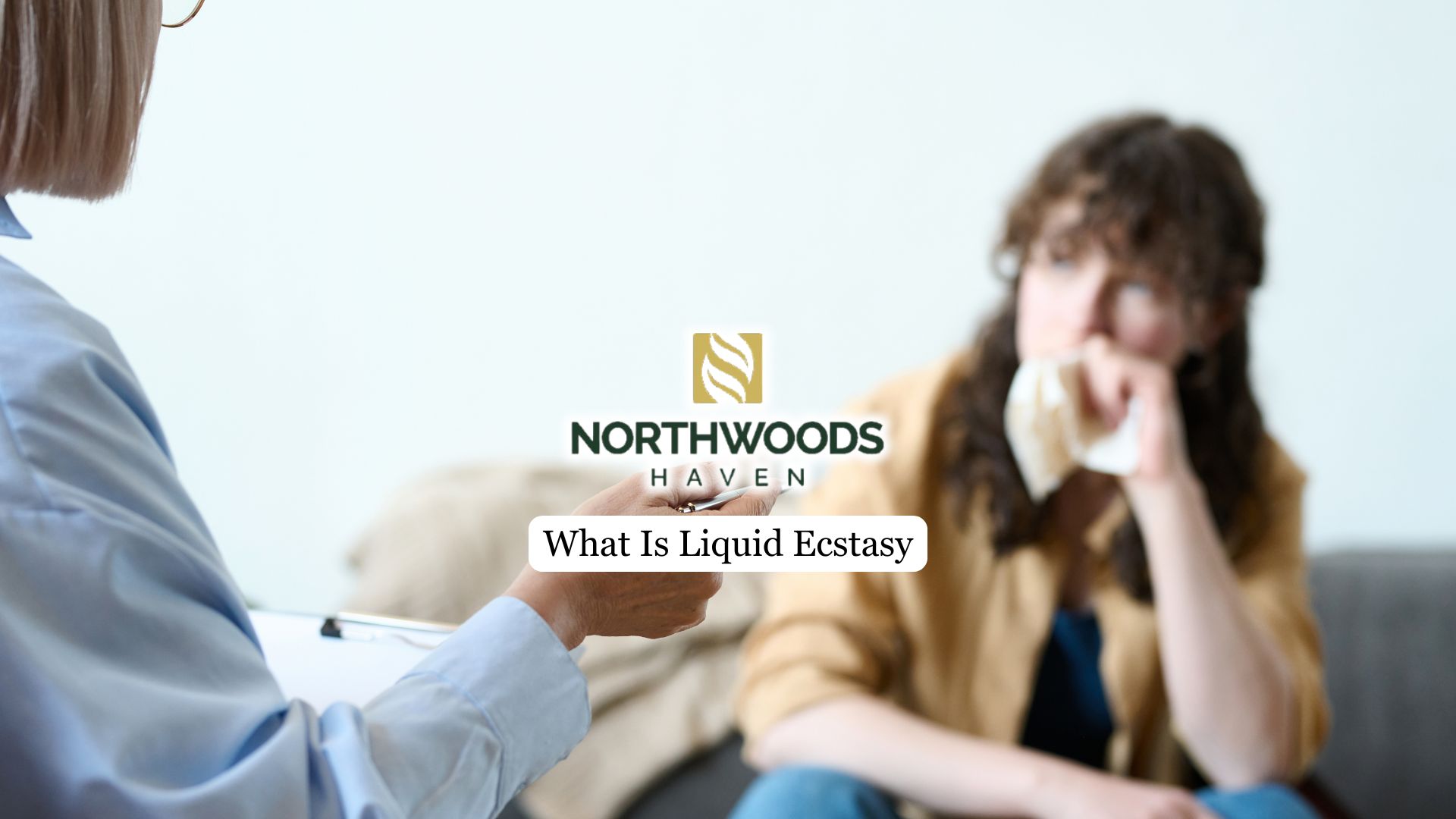Choosing the appropriate form of addiction treatment is a vital decision in the path to recovery. Recognizing the distinctions between the different types of addiction treatment programs available allows individuals to make well-informed choices. Both Intensive Outpatient Programs (IOP) and Outpatient Programs (OP) provide distinct advantages and are designed to address different requirements, offering varying degrees of structure, intensity, and flexibility.
This article delves into the main differences between these two treatment options, emphasizing their respective strengths and weaknesses, and providing guidance on how to determine which program might be the most suitable for your individual recovery objectives.
What Is Outpatient Treatment?
Outpatient care offers a flexible approach that allows you to receive therapy without the need for overnight stays. It’s an ideal option if you have a stable living situation and responsibilities that prevent you from committing to a residential program.
When participating in outpatient treatment, you’ll typically attend therapy sessions 1-3 times a week, with each session lasting 1-3 hours. This schedule provides the flexibility needed to maintain work or school commitments while focusing on your recovery.
Outpatient treatment is well-suited for individuals with mild to moderate symptoms of substance use disorder, often serving as a step-down from higher levels of care like inpatient treatment. The services provided in outpatient settings may include individual and group therapy, educational classes, and support groups.
These interventions focus on developing real-world coping skills to help you maintain sobriety. While effective for many, it’s important to note that outpatient treatment may lack the structure needed for those at higher risk of relapse.
Intensive Outpatient Programs (IOPs) Explained
In an IOP you’ll attend 3-5 sessions per week, each lasting 3-4 hours, totaling at least 9 hours of treatment.
This structured approach is designed for those who need more support than standard outpatient care but don’t require 24-hour supervision or detox services.
IOPs offer a combination of individual therapy, group therapy sessions, education on substance use disorders, and skills development to help you apply recovery strategies in real life. They serve as a bridge between inpatient treatment and outpatient care, making them ideal if you’re transitioning from a higher level of care or at risk of relapse.
Programs typically last several weeks to months, with flexibility that allows you to maintain daily responsibilities like work or school while receiving intensive outpatient treatment.
Enrolling in the premium Intensive Outpatient Programs for addiction treatment in Minneapolis we provide at Northwoods Haven Recovery will help you navigate substance abuse recovery in a resourceful and healing environment where privacy is prioritized.

Key Differences Between IOP and Outpatient
The primary distinction between Intensive Outpatient Programs (IOP) and standard Outpatient Programs (OP) lies in the level of intensity and time commitment required. IOPs typically involve 3-5 sessions per week, totaling 9-20 hours of treatment, while OPs usually require 1-2 sessions per week lasting 1-3 hours each.
This difference in the levels of treatment makes IOPs more suitable for individuals with moderate to severe substance use or mental health issues who need additional support and structure in their addiction recovery journey.
IOPs often include a combination of group therapy, individual counseling, and educational sessions, whereas OPs primarily focus on individual therapy with less frequency.
The treatment process in IOPs is more intensive and lasts several weeks to months, offering a structured framework for preventing relapse. In contrast, OPs provide more flexibility and can be ongoing based on individual needs.
As patients progress in their recovery, transitioning from an IOP to an OP allows them to maintain support while gradually reducing the intensity and commitment required, facilitating a smoother reintegration into daily life.
Read more about the various types of outpatient programs aimed at addiction treatment and figure out which is the proper choice for your circumstances.
Who Benefits from Each Program?
If you’re struggling with moderate to severe substance use or mental health issues, an IOP may be the best fit, as it provides a higher level of treatment and support than standard outpatient programs. IOPs are also ideal if you’re transitioning from inpatient care but still need a structured environment to maintain your recovery.
On the other hand, if your condition is stable or you’ve already completed more intensive treatment, an OP might be suitable. Outpatient programs offer more flexibility and require less time commitment, making them a good choice if you have primary caregiving responsibilities or need to maintain employment while receiving treatment for substance use.
Find out what an IOP schedule looks like to be better prepared for the different types of sessions included in the program.
Making the Right Choice
It’s crucial to assess the severity of your condition, your personal responsibilities, and the level of support you need to maintain long-term recovery. Intensive outpatient programs offer a more structured approach with frequent sessions, ideal for those with moderate to severe substance abuse issues or mental health concerns.
On the other hand, outpatient programs provide more flexibility and are suitable for individuals with stable conditions or who’ve completed intensive treatment.
When making this decision, consult with a mental health professional who can provide a thorough assessment and guide you in creating a personalized treatment plan.
They’ll help you determine the appropriate level of care based on your specific situation. Remember, the goal is to find a program that offers the right balance of support and flexibility to foster your recovery journey.
Final Thoughts from Northwoods Haven Recovery
Both treatment options have their merits and can be effective in helping individuals overcome addiction. The key is to find a program that aligns with one’s specific needs and provides the necessary tools and resources for long-term recovery. At Northwoods Haven, we understand that every person’s path to recovery is distinct. Choosing the right level of care is essential for achieving lasting sobriety. Our luxurious rehabilitation center in Minneapolis, MN provides customized IOP treatment plans designed to address the unique needs and lifestyles of our clients. We ensure that you receive the support and structure required for a successful recovery journey.



